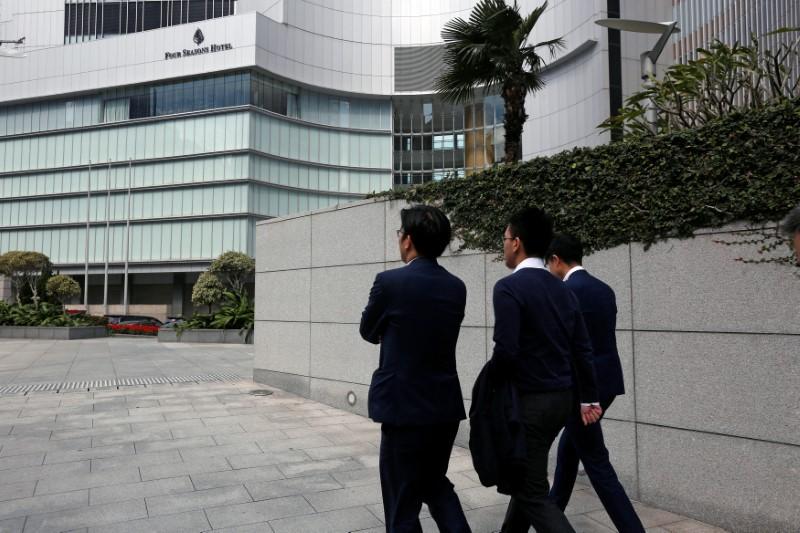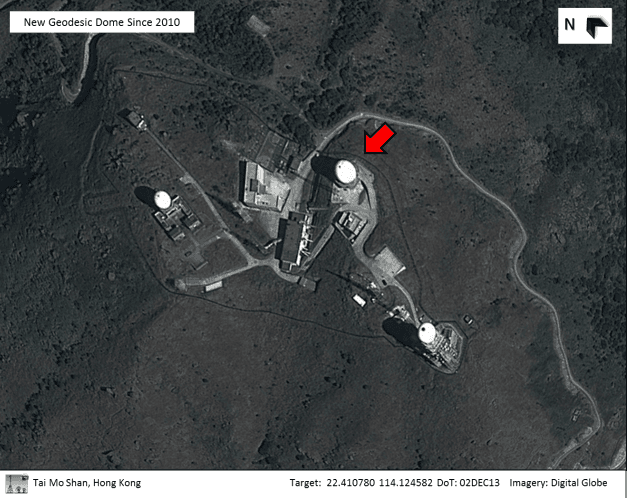A renowned Chinese economist has been banned from posting on his Twitter-like Weibo and WeChat accounts since Jan. 12, days after publishing his birth rate boosting suggestions.
Ren Zeping, a former member of China’s economic think tank and once chief economist of deeply indebted property giant Evergrande, suggested that the Chinese government print 2 trillion yuan (roughly $314 billion) every year as a way to boost the declining birth rate in the country.


